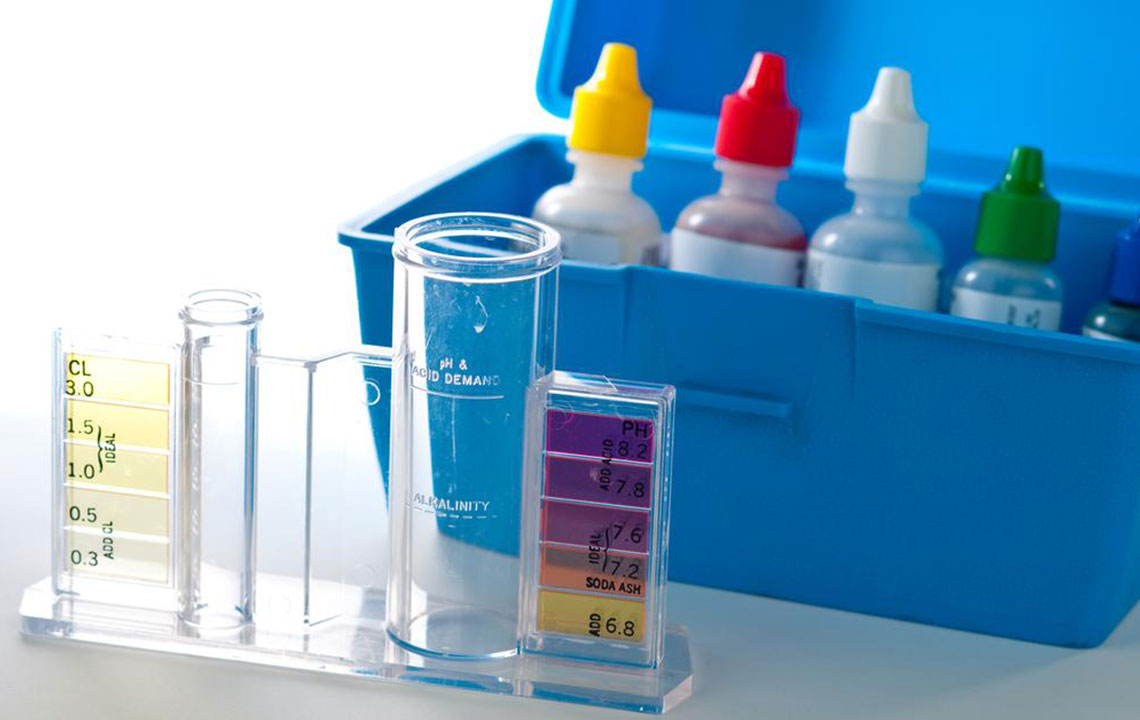Understanding Uric Acid: Diagnosis and Treatment Options
This article explains how uric acid is produced and how it can lead to gout and kidney issues. It covers diagnosis methods including blood tests and ultrasounds, and discusses medications like uric acid inhibitors and agents that help eliminate excess acid. Emphasizing the importance of proper management, lifestyle changes, and regular medical monitoring, the content provides key information to prevent severe complications associated with high uric acid levels.

Uric acid is a natural byproduct formed when the body breaks down purines, compounds found in many foods. Normally, the kidneys filter uric acid from the blood, excreting it through urine; a small amount exits via bowel movements. When uric acid production exceeds elimination, levels rise, leading to crystal deposits in joints which cause gout—a painful inflammation affecting mobility. If unmanaged, crystals can form stones around joints, worsening the condition.
Diagnosing High Uric Acid and Gout
Symptoms like joint pain warrant testing. A joint fluid analysis involves extracting fluid to identify urate crystals under a microscope. Blood tests measure uric acid levels, providing essential diagnostic clues. Ultrasound scans can also detect urate deposits in joints, aiding diagnosis.
Managing Uric Acid Levels
Treatment focuses on medications to control uric acid. Uric acid inhibitors, such as febuxostat and allopurinol, reduce the body's acid production, decreasing gout flare risks and preventing kidney issues. Other drugs promote uric acid excretion via the kidneys, aiding clearance through urine and stool.
Maintaining optimal uric acid levels is vital to prevent complications like kidney stones or failure. Regular medical check-ups and medication adherence, along with lifestyle adjustments, help manage the condition effectively.
Disclaimer:
Our blog offers informative content across various health topics. While based on research, it shouldn't replace professional medical advice. Readers are encouraged to consult healthcare providers for personal concerns. The site isn’t responsible for differences or inaccuracies across platforms, nor for uncovered schemes or offers.










